Today’s guest is Mike Johnston of Mike’s Lessons. Mike founded the website MikesLessons.com, which is an online drumming community run by himself and his wife Amber. The website offers live online drum lessons for beginner, intermediate and advanced players, taught by Mike and individual downloadable lessons all filmed in his home. After the site gained success, Mike expanded the business to the Mikes Lessons facility in Folsom, California and began to offer international week-long drum camps.
He’s now officially nailing it. Living his passion, and with a lifestyle that suits him just nicely!
In this fireside chat we start off with a game of Drop That Name! and quickly move in to covering a load of marketing ground including:
- How he went from offering individual drum lessons to building an online and offline drum teaching empire.
- How YouTube was a major contributor to Mike’s early success.
- Why worrying about money stops you building the business you love.
- How we can learn from unrelated industries.
- How he used YouTube as a major marketing channel for his business.
- The importance of packaging up your services.
- How he’s created a website that makes you just want to buy (even if you don’t drum!).
- How he markets his business now that it’s no longer small.
- The importance of having both an online and offline presence.
- How to get to know your customers in order to provide them with the best marketing experience.
- Why you should consider becoming a teacher .. well, at least adding it to your business offering.
- How to stop your competitors from catching you.
- What is organic marketing and why it’s important.
This episode has been lovingly transcribed by the good guys at GMR Transcription. Thanks guys!
Here’s Mike Johnson of Mike’s Lessons doing what he does best:
A big thank-you to Small Business Big Marketing Forum member Danny Thompson of The Music Factory in Orange County for suggesting I chat with Mike.
Timbo’s Top 5 Marketing Learnings from Italy
Also in this episode I share some marketing learnings from my recent trip to Italy, each one of which raises an important question you should be asking in your business. The learnings are:
- Location. Location. Location.
- Not everyone does things the same way.
- Charge for things you’re giving away for free.
- Window and street presentation.
- Customer service one-percenters.
Listen in for the questions.
Listener Question & Feedback
- Meilee Anderson, Marketing & Sales Director of Mt. Rainer Scenic railway tells us how implementing ideas from this show has significantly improved her marketing ROI.
- Fellow marketer, Emma Peterson, asks for my view on water-slides!
Coming up
- A reflection episode, where I will discuss the good, the bad, and the ugly of 2013 and what is to come.
- In the next few episodes, I have fireside chats with an expert retailer and a council worker who created his own TV show.
If you have a suggestion for an interviewee I would love to hear from you. Click here to send your suggestion through or leave a voice message.
Have you checked out the Small Business Big Marketing Forum? Each week we talk about different marketing and business experiences and help each other solve some interesting problems. Become a Member here.
Join the conversation by leaving a comment below or connect with me and other like minded listeners on the Small Business Big Marketing Facebook page, or join fellow motivated business owners in the Small Business Big Marketing Forum. Let’s get that marketing discussion happening.
Until next time, may your marketing be the best marketing …
Timbo Reid – Marketing Speaker
Host of Australia’s #1 Marketing Show
virtual assistant services




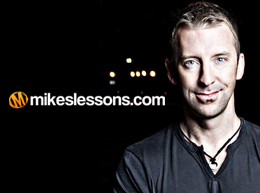

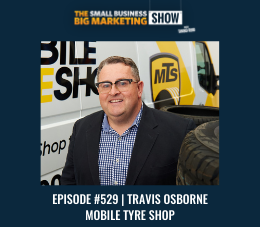
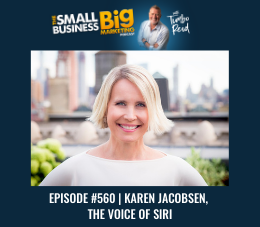
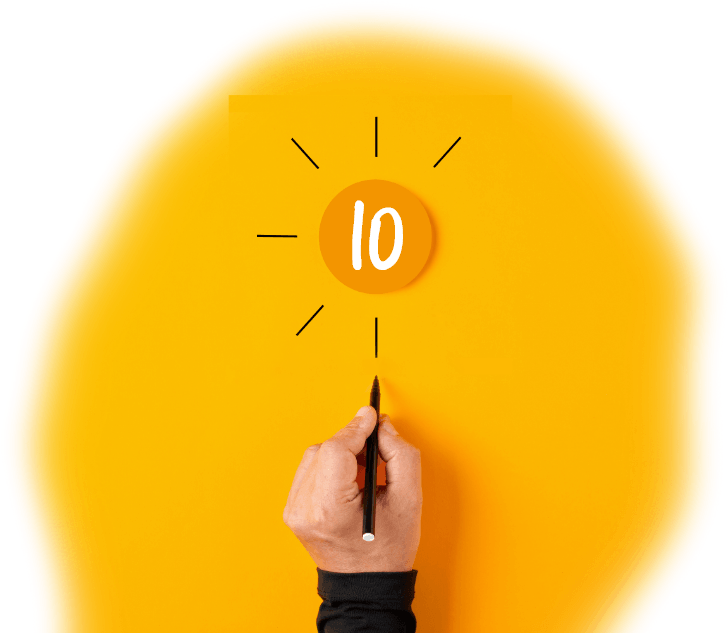
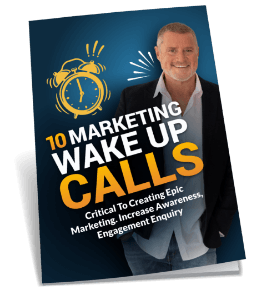
 Grab My 10 Marketing
Grab My 10 Marketing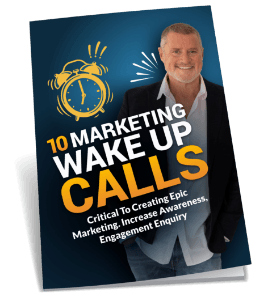
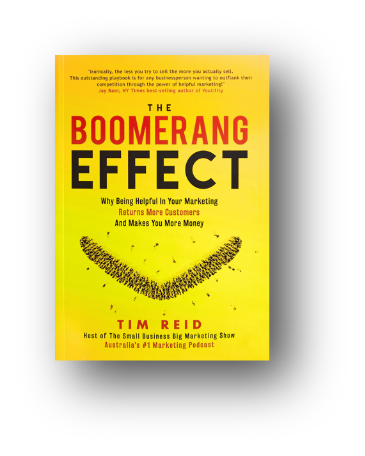
9 thoughts on “168 – YouTube helped this guy create the world’s leading drum teaching business – online and offline!”
Wow!!! So good! I knew Mike would be great on the show. Im inspired after listening. It’s funny, of all the musicians i know, it’s us drummers that seem to be into business…hmm interesting…
Maybe the drummer has more time to think as he hangs out the back and bangs away, Danny?! ;0)
Great interview – learned so much in that one – will definitely need to re-listen to this podcast a few times 🙂
Thanks Mark … what was the biggest ah-ha moment that you had? If I know, then I can find more guests that can deliver same if not more!
Probably the way he approaches his business – I’ve heard it plenty of times before about solving pain points or problems – but the way he goes about the selling part seemed so straight forward without the ‘hard sell’ – checked out his website and you’re right, its a good one!
Great interview Timbo, and timely as I met someone on Saturday night that hand makes beautiful drums out of gorgeous timber!
The stand out for me here was that once again, something that we all assume has to be personal and provided in our homes or a studio can be successfully delivered to someone’s phone or iPod instead and delivery a great service to them that they will pay for.
The brain is certainly ticking away …
Nice pick-up, Peita. I think a major shift in the new marketing landscape is that distribution systems are proliferating. We all just need to be open to new ways of getting our content, our product or our services to those who need it.
That was one of my favourite episodes (I’ve worked through about 30 now). My “ah ha” moment was definitely act upon your “i wish ” moments. Thanks for sharing!
Couldn’t agree more, Danny. We really must listening to those otherwise we’ll miss doing this that we’re passion about.